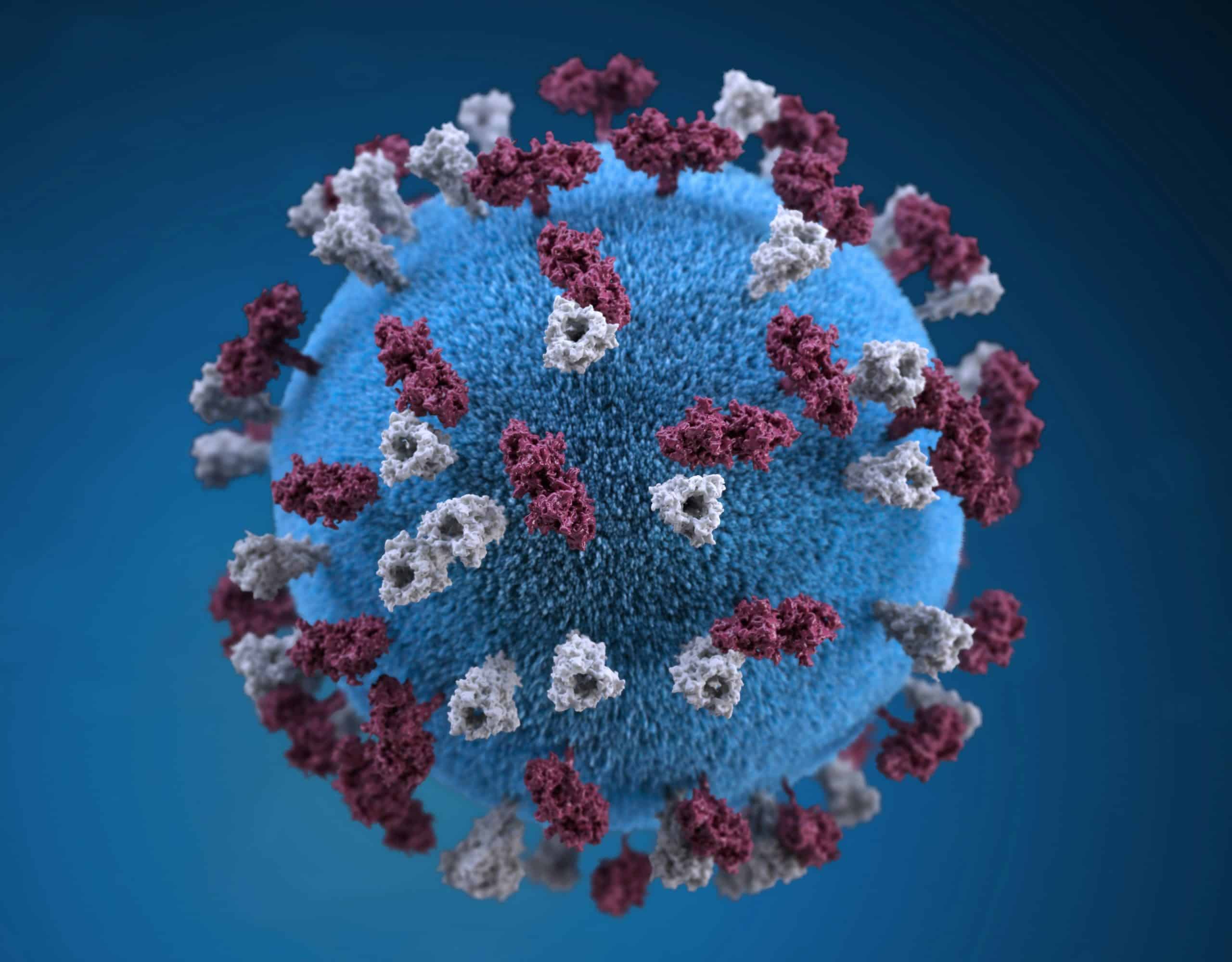The phrase “you are what you eat” might be more accurate than you ever imagined. Within our bodies, thriving communities of microorganisms, collectively known as the microbiome, are heavily influenced by our diet and lifestyle. This microbiome, especially the one residing in our gut, is being recognized as a crucial component of human health, contributing to the development or prevention of many diseases. This article will delve into the exciting field of microbiome research, and how it is rapidly reshaping our understanding of health and disease.
The Intricate World of the Human Microbiome
The term ‘microbiome’ sounds like something straight out of a science-fiction movie, but it’s very much a part of our reality. The microbiome refers to the trillions of microbes – bacteria, viruses, fungi, and other single-cell organisms – that live in and on our bodies. Many of these microbes call our gut their home, creating a complex, symbiotic ecosystem that influences everything from our immune response to our mental health.
En parallèle : How do I find a property for sale in St Martin de Belleville ?
Research on the microbiome has exploded recently, with scholars turning to platforms like PubMed and PMC to publish their findings. According to a simple Google search, thousands of studies have been published on the topic, underscoring the intense scientific interest in this field.
Microbiome and Disease: A New Perspective on Health
The state of our microbiome is emerging as a significant factor in a variety of health conditions. Numerous studies have shown that imbalances in gut microbiota can be linked to a range of diseases, including obesity, diabetes, Alzheimer’s, and even cancer.
A lire en complément : Style guide: how to wear a double cross necklace with elegance
One such study was published in the renowned journal, Nature, where researchers demonstrated that gut bacteria could influence the effectiveness of cancer treatments in mice. Another study, available for free on PubMed, found that certain gut bacteria can ‘switch off’ immune cells, preventing them from attacking cancer cells.
These groundbreaking studies suggest that the composition of our microbiome could be a powerful determinant of our health. They also raise exciting possibilities for novel treatments, including fecal microbiota transplantation and probiotic therapies.
The Microbiome and the Immune System: A Complex Interaction
One of the key areas of microbiome research focuses on its role in shaping our immune system. The immune system, a complex network of cells, tissues, and organs, protects us from infections and diseases. However, it’s becoming clear that our body’s defenses are not just about our own cells, they’re about our microbial guests too.
Numerous studies have found that the gut microbiome plays a critical role in training our immune system, helping it differentiate between friend and foe. Disruptions in this microbial education can lead to the immune system attacking the body’s own cells, resulting in autoimmune diseases like rheumatoid arthritis and multiple sclerosis.
Decoding the Microbiome: The Challenges Ahead
Despite the extraordinary strides made in microbiome research, there are still many unanswered questions. One of the biggest challenges is the sheer complexity of the microbiome. Each individual’s microbial community is unique, shaped by their genetics, diet, environment, and even their birth method.
Moreover, many of our current insights are based on studies in mice, and it remains to be seen how applicable these findings are to humans. And while we’ve identified a link between the microbiome and disease, the exact mechanisms remain largely unknown.
Despite these challenges, the future of microbiome research is promising. The advent of new technologies like metagenomics, bioinformatics, and single-cell genomics is enabling researchers to delve deeper into the microbial world within us.
Microbiome Research: A Revolution in Medicine
The impact of microbiome research extends far beyond understanding disease. It’s revolutionizing the field of medicine, paving the way for personalized treatments based on an individual’s microbial profile.
This new understanding of the role of bacteria in our bodies is also leading to a shift in our perception of microbes. Instead of seeing them as harmful invaders to be eradicated, we’re beginning to appreciate their role as valuable partners in our health.
Microbiome research has the potential to transform medicine, providing new insights into the prevention, diagnosis, and treatment of diseases. And as this exciting field continues to evolve, so does our understanding of health, wellness, and what it means to be human.
The Microbiome and Mental Health: Unveiling Hidden Connections
Our gut microbiota plays a surprising role in our mental health, representing an exciting new frontier in microbiome research. The gut is often called the body’s “second brain” because of its extensive neural network. The connection between the gut and the brain, known as the gut-brain axis, is a complex communication system that affects both our physical and mental health.
In a pivotal study available on PubMed, researchers found that certain gut microbes could produce neurotransmitters, such as serotonin and dopamine, which are critical for mental health. This breakthrough finding suggests that our gut microbiota could influence our mood and behavior.
Another free article on PMC highlights a study focusing on the gut microbiomes of patients with major depressive disorder (MDD). The researchers discovered that these patients had significantly different microbial communities compared to healthy individuals. This finding suggests a potential link between the altered gut microbiome and the development of mental health disorders.
Yet, much of the research to date relies on animal models, and translating these findings to humans presents a significant challenge. Google Scholar provides a wealth of articles exploring this complex nexus, underscoring the need for more long-term studies in humans to fully understand the implications of these findings.
Microbiome Research: A New Era for Personalized Nutrition
The field of personalized nutrition, tailored to an individual’s dietary needs based on their unique microbiome profile, is emerging as a promising area of microbiome research. Our gut microbiota has a significant impact on how we metabolize food, influencing everything from our weight to our risk of developing certain diseases.
With new findings surfacing on Google Scholar and PubMed, it’s becoming clear that the ‘one-size-fits-all’ approach to diet and nutrition may be outdated. Instead, understanding our individual gut microbiome could unlock the key to optimal health.
For instance, a study on PMC free shows how responses to the same food can vary widely between individuals, depending on their gut microbes. This kind of research could pave the way for personalized dietary advice, helping people choose foods that promote a healthy gut microbiome.
However, translating these scientific insights into practical dietary recommendations is a complex task. It requires a deep understanding of the interactions between our diet, gut microbiota, and health, necessitating further research in this rapidly evolving field.
Conclusion: The Future of Microbiome Research
The human microbiome is an incredibly complex and diverse ecosystem. Every day, researchers are uncovering new links between our microbiome and health, reshaping our understanding of disease, nutrition, and even mental health.
Yet, significant challenges lie ahead. The microbiome’s complexity and individual variability make it a difficult puzzle to decipher. More long-term, human-based studies are needed to confirm the findings from animal models and advance our understanding of this intricate microbial community.
Despite these challenges, the future of microbiome research is bright. The surge in publications on PubMed and Google Scholar signifies the growing recognition of this field. With the advent of advanced technologies, scientists are now better equipped than ever to unravel the mysteries of our gut microbes.
The power of microbiomes is revolutionizing health and medicine, and we’ve only just scratched the surface. As research in this exciting field evolves, we can expect a profound shift in our approach to health and disease, underpinning a new era in personalized medicine and nutrition.






